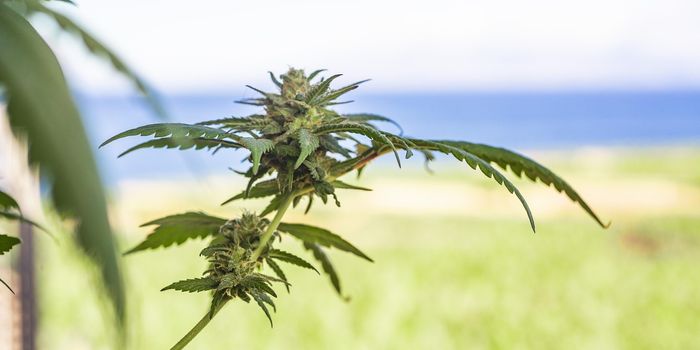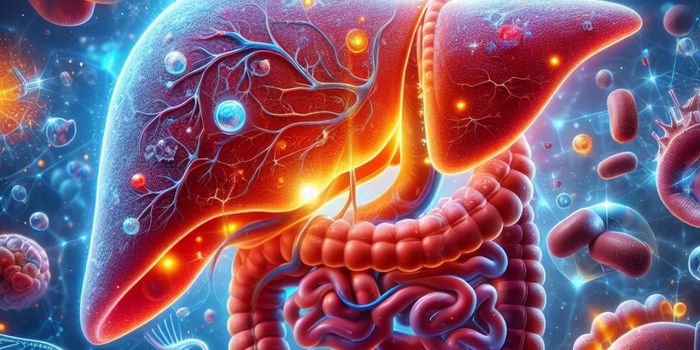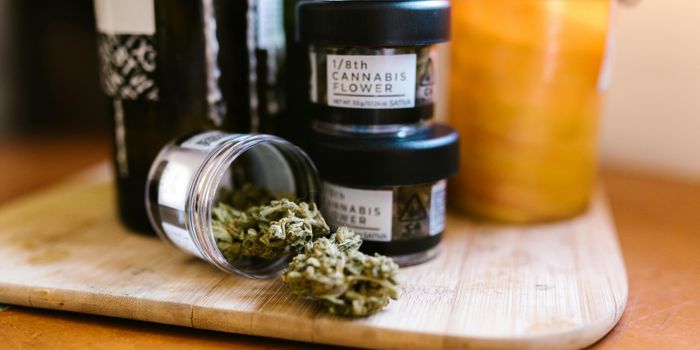Cannabis Doesn't Increase Suicidal Ideation in Patients with Psychiatric Disorders
In an article published June 11, 2018 in the Journal of Biological and Sex Differences, researchers from McMaster University have found that there is no association between cannabis use and suicidal behavior in persons with psychiatric disorders. While the authors acknowledge that more study is needed based on how accessible cannabis is as more states and countries legalize its use, the findings are contradictory to prior reports for the general population.
The researchers had a total number of 985 individual cases for evaluation and comparison, nearly equally split based on gender. Of this number, 270 total individuals had attempted suicide. The group found no significant association between suicide attempts and cannabis use in men or women; however, they did identify that men with an existing substance abuse problem which included heavy use of cannabis had a very small association with suicidal behavior.
The group initiated the study because of the differences identified in existing literature regarding suicidal behavior, gender, and cannabis influence. Previous studies, like that published in 2012 in the journal Current Pharmaceutical Design, found through empirical longitudinal studies that cannabis use was a relevant risk factor associated with suicide attempts and behaviors in patients with psychotic and non-psychotic conditions. This particular paper was focused on a younger age demographic than that of the current research from McMaster University. Another study, published in 2017 in Lancet Psychiatry, evaluated the use of cannabis and development of major depressive disorder which included suicidal thought considerations. The authors of that study utilized twin studies to compare changes in behavior and disorder progression based on cannabis use at various levels. Genetics are a contributing factor in suicidal tendencies, so the design of this study was valuable in a number of contexts. The study participants came from Australia and had a broader age range than that from 2012. Of interest in their findings, they speculated that, “…familial factors may play a more important role in the relationship between depression and heavy cannabis use than for suicidal ideation…”. Ultimately, the group found that heritable, environmental, and neurobiological factors all contribute to presence or development of suicidal ideation. In addition, with more areas having legalized marijuana, there are better mental health outcomes because of lowered use of alcohol and other more dangerous drugs which contribute to violent crime and suicide rates more frequently than does cannabis use.
More studies are needed; there are gaps in our understanding of the connections between cannabis, human physiology and psyche, and the multitude of factors that contribute to suicidal behaviors.
Sources: Journal of Biological and Sex Differences, Lancet Psychiatry, Current Pharmaceutical Design,









